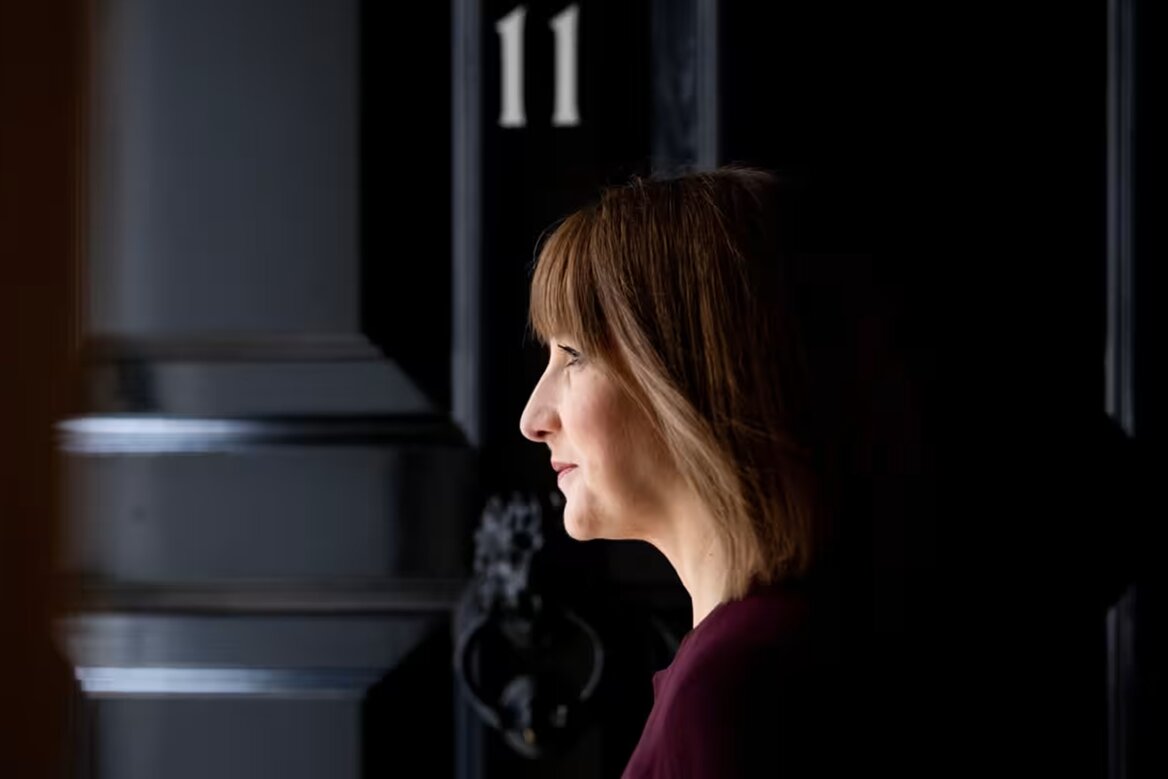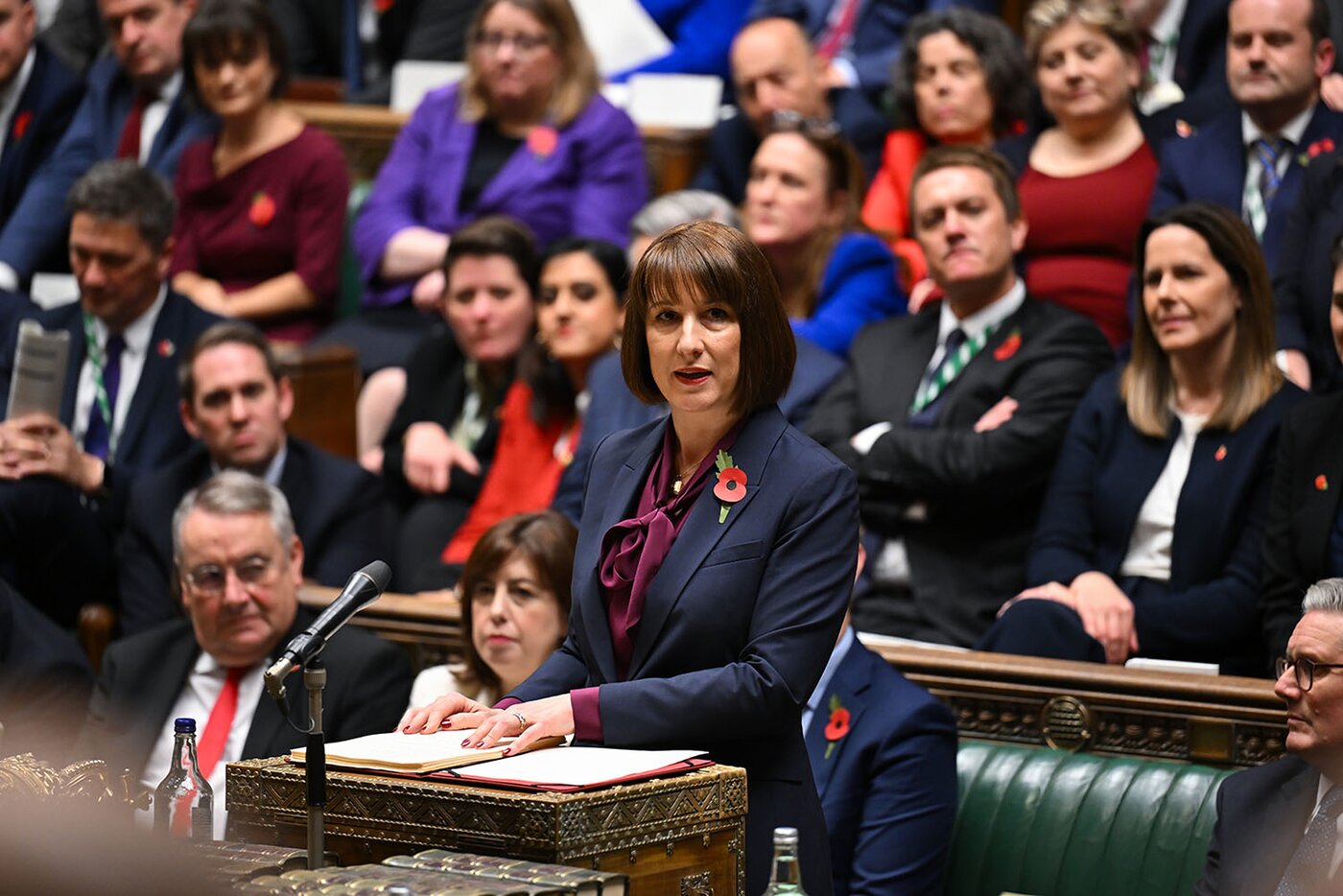British businesses are sharply scaling back recruitment plans as speculation mounts over the possibility of up to £50bn in tax rises in the upcoming autumn Budget from Chancellor Rachel Reeves. According to the latest figures from the Chartered Institute of Personnel and Development (CIPD), just 57% of private sector employers intend to hire in the next three months, the lowest level since records began in 2016, excluding the pandemic.
The data paints a bleak picture of business confidence, with employers citing spiralling wage bills, new employment law proposals, and uncertainty over the economic outlook as key factors behind their caution.
Confidence Wanes Across the Private Sector
The CIPD’s quarterly survey of 2,000 firms revealed a steep drop from 65% of private employers planning to recruit in autumn 2024 to just 57% last month. The only time figures have fallen lower was during the depths of the pandemic, when 34% planned to hire.
A separate measure, subtracting the share of companies reducing staff from those hiring, showed a narrow nine-point positive balance in July, up only marginally from eight points in spring. James Cockett, senior labour market economist at the CIPD, warned: “Business confidence is faltering further under rising employment costs, particularly in sectors that traditionally offer vital early career opportunities.”
Tax Pressure and Employment Law Concerns
Employers are bracing for the possibility that Reeves could be forced to raise taxes by as much as £50bn this autumn. The concern comes on top of a confirmed rise in employers’ National Insurance contributions from 13.8% to 15% in April 2025, announced in the 2024 autumn Budget.
Cockett also flagged worries over the forthcoming Employment Rights Bill, warning it could add “risk and complexity” to hiring, especially for young workers with limited experience.
Sectors Under Strain
Separate figures from KPMG and the Recruitment & Employment Confederation (REC) show sharp drops in vacancies for retail and hospitality in July, with temporary hiring falling at its fastest rate in five months.
Kate Shoesmith, deputy chief executive of the REC, said: “Hiring in retail and hospitality is down. Employers are pausing due to cost pressures and uncertainty around employment law.”
Hospitality businesses in particular have been hit by last year’s £3.4bn NIC threshold change, which UK Hospitality says has contributed to the loss of 84,000 jobs in the sector.

Youth Employment Costs Climb
Nearly 40% of firms employing under-21s report a “significant” rise in costs following changes to NICs, despite younger workers being exempt on paper. This comes after April’s 16.3% increase in the minimum wage for 18–20-year-olds, a 12.7% rise in real terms. Employers warn these measures make hiring young staff far more expensive, with knock-on effects for entry-level job creation.
Global Uncertainty Adding to Domestic Challenges
Beyond domestic tax and wage policy, global instability is also weighing on business confidence. Donald Trump’s unpredictable trade policies have added a layer of uncertainty for exporters and import-dependent industries, further dampening hiring sentiment. Jon Holt, KPMG’s UK chief executive, observed: “Many firms will continue to pause major investment decisions until there is greater clarity in the autumn.”
Government Response
The Treasury defended its record, pointing to 380,000 jobs created since the start of the current parliament and citing strong real wage growth.
A spokesman noted: “Since the election, we have struck three major trade deals with the EU, US, and India… This is how we are delivering on our Plan for Change to kickstart economic growth.” Officials argue this shows their strategy is delivering growth, even as independent surveys highlight a sharp slowdown in hiring.

Conclusion
British businesses are pulling back on recruitment as tax rise speculation and rising costs hit confidence. With just over half of firms planning to hire, employers warn the combination of policy changes and economic uncertainty could choke off opportunities for young workers and slow economic recovery. The government, however, maintains it is delivering growth through trade deals, wage gains, and business rate reforms.











